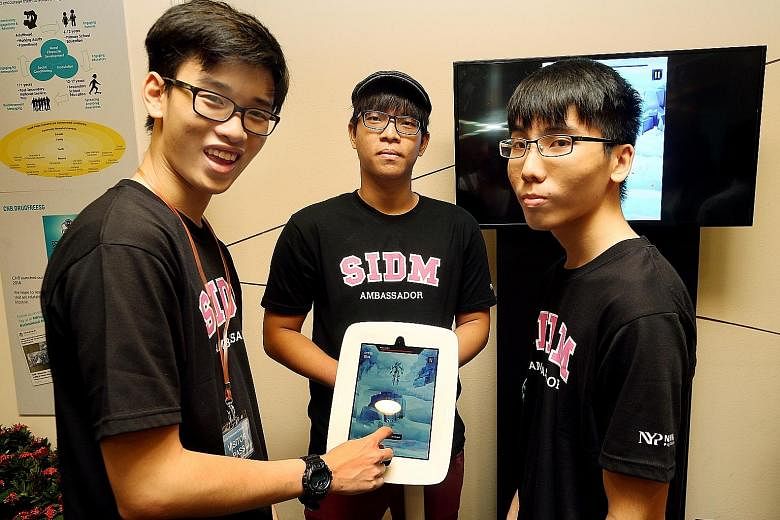The Central Narcotics Bureau will see greater use of technology in enforcement, it revealed at its workplan seminar yesterday.
One such initiative is a system that has automated image processing - including backing up, labelling and archiving multi-page photograph albums.
The Automated Image Processing System relieves forensic specialists from the administrative duties of printing and binding case photograph albums, allowing them to focus on their forensic work instead. It is expected to save some 2,450 hours in a year.
Besides highlighting the importance of engaging organisations through the new United Against Drugs Coalition, Parliamentary Secretary for Home Affairs Amrin Amin yesterday emphasised the need for advocacy from individuals.
Such efforts include the creation of apps such as an anti-drug game developed by Nanyang Polytechnic students, and a preventive drug education app called Say No To Drugs, which Dr Roger Ho from the Department of Psychological Medicine at the National University of Singapore's Yong Loo Lin School of Medicine helped to develop.
Seow Bei Yi


